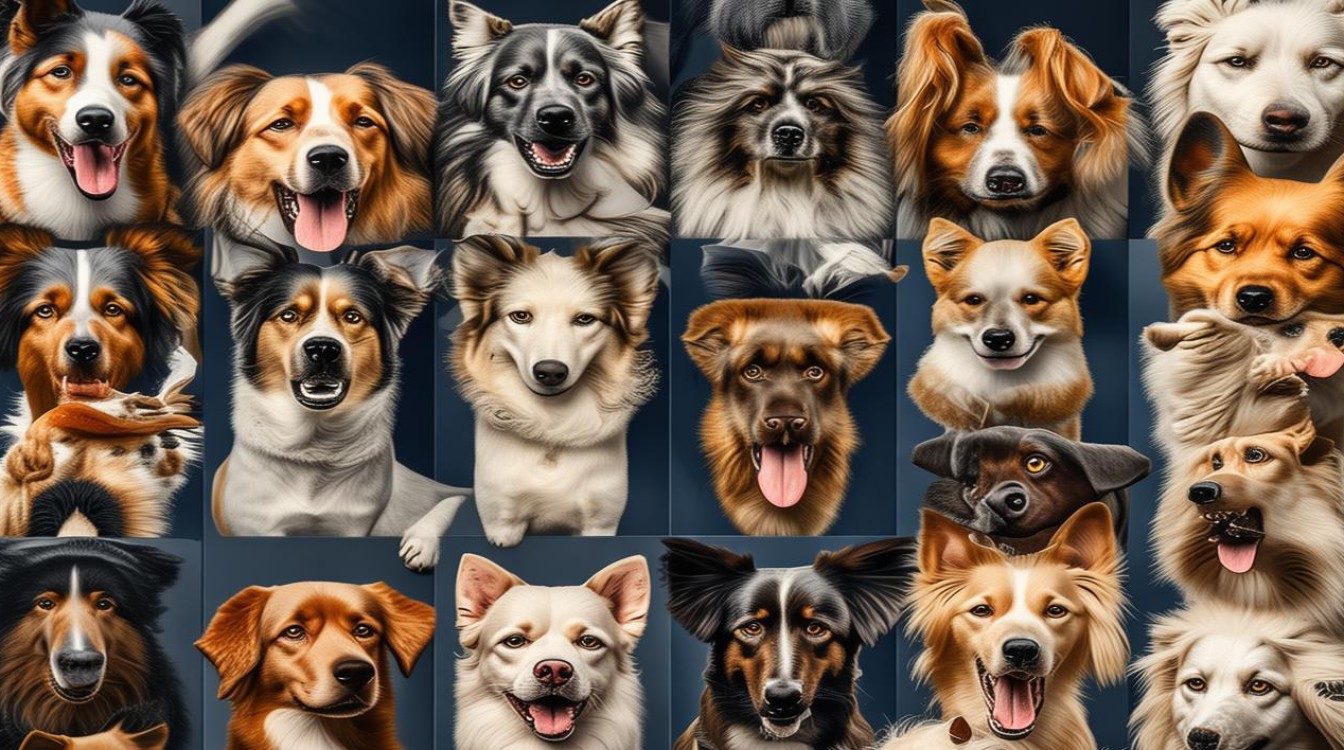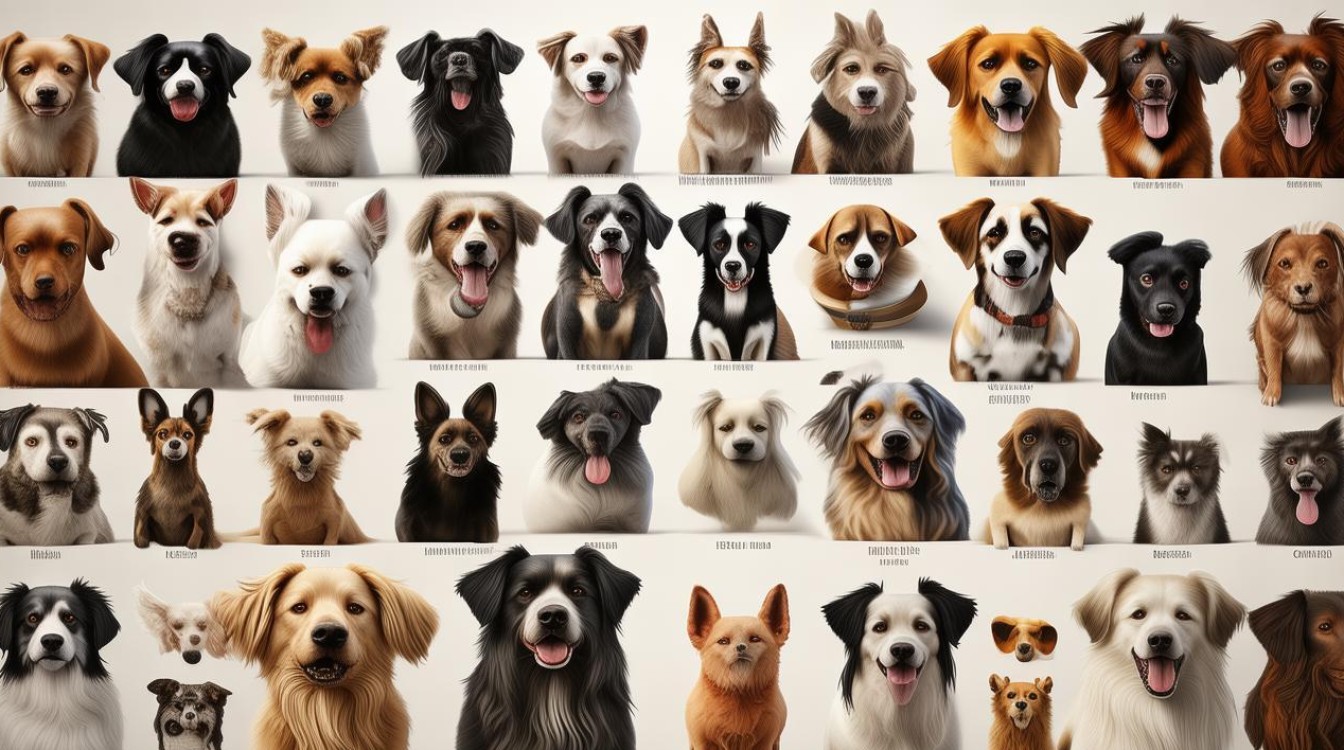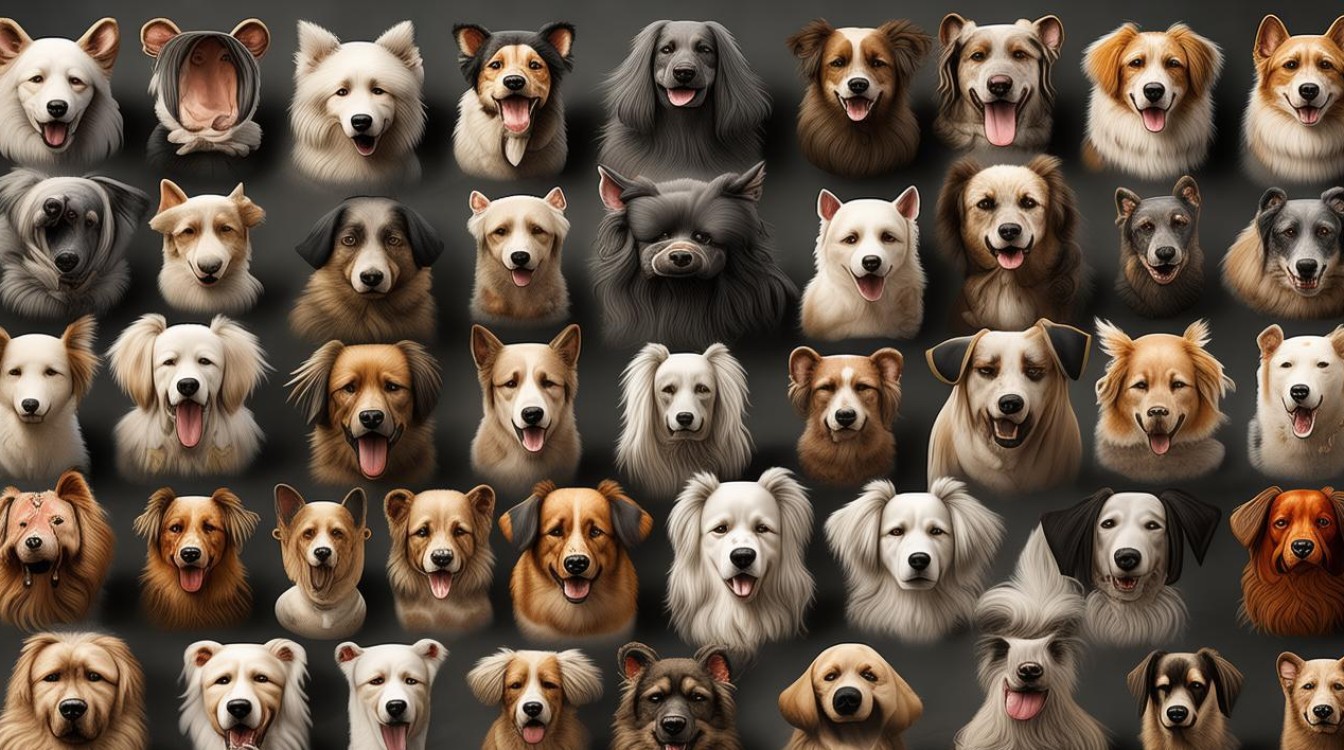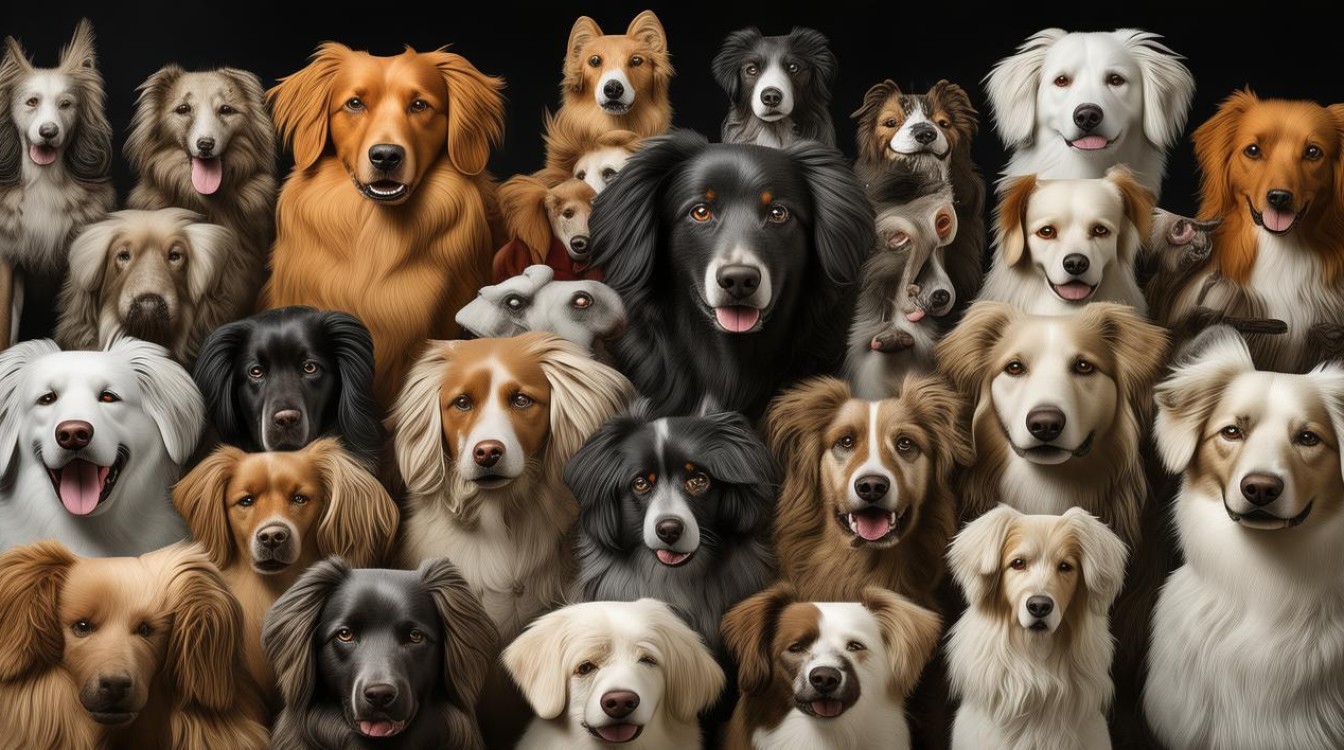Dogs have been human companions for thousands of years, evolving into hundreds of breeds with unique traits. Whether you’re a pet lover, a language enthusiast, or simply curious, learning the English names of dog breeds can be both fun and useful. Here’s a detailed look at some popular and lesser-known breeds, their origins, and what makes them special.

Popular Dog Breeds and Their English Names
-
Labrador Retriever
Known for their friendly nature and intelligence, Labradors are one of the most popular breeds worldwide. Originally bred as hunting dogs, they now excel as service animals, family pets, and even search-and-rescue helpers. -
German Shepherd
With a strong, athletic build and sharp mind, German Shepherds are often used in police and military roles. Their loyalty and versatility make them ideal working dogs. -
Golden Retriever
Similar to Labradors, Golden Retrievers are affectionate and highly trainable. Their golden coats and cheerful personalities make them a favorite among families. -
Bulldog
Recognizable by their wrinkled faces and sturdy frames, Bulldogs have a calm demeanor. Despite their tough appearance, they are gentle and great with children. -
Poodle
Poodles come in three sizes—Standard, Miniature, and Toy. Known for their curly coats and high intelligence, they excel in obedience training and dog sports.
Lesser-Known Breeds Worth Discovering
-
Shiba Inu
A Japanese breed, the Shiba Inu is small, agile, and independent. Their fox-like appearance and spirited personality have gained them a global following. -
Dalmatian
Famous for their spotted coats, Dalmatians are energetic and require plenty of exercise. Historically, they served as carriage dogs, running alongside horse-drawn vehicles. -
Border Collie
Considered the most intelligent dog breed, Border Collies thrive on mental and physical challenges. They are often seen in herding competitions and agility trials. -
Siberian Husky
With striking blue or multi-colored eyes, Huskies are built for cold climates. Their playful and mischievous nature makes them entertaining companions. -
Corgi
Short-legged and long-bodied, Corgis are herding dogs with big personalities. The Pembroke Welsh Corgi, in particular, gained fame through royal associations.
The Origins of Breed Names
Many dog breeds have names reflecting their history or function. For example:
- Rottweiler: Named after the German town of Rottweil, where they were used as cattle-driving dogs.
- Dachshund: German for "badger dog," referencing their original purpose of hunting burrowing animals.
- Beagle: Likely derived from the French word beugler, meaning "to bellow," hinting at their loud hunting cries.
Understanding these names adds depth to our appreciation of each breed’s heritage.
Choosing the Right Breed for You
When selecting a dog, consider factors like energy levels, grooming needs, and temperament. High-energy breeds like the Australian Shepherd require ample exercise, while low-maintenance dogs like the Basset Hound are more relaxed. Researching breed traits ensures a good match for your lifestyle.
The Role of Dogs in Modern Life
Beyond companionship, dogs serve in various roles:
- Therapy Dogs: Providing comfort in hospitals and schools.
- Working Dogs: Assisting in farming, hunting, and security.
- Show Dogs: Competing in breed-specific events for conformation and agility.
Their adaptability continues to endear them to people across cultures.

Final Thoughts
Exploring the English names of dog breeds reveals a rich tapestry of history, function, and personality. Whether you prefer the steadfast loyalty of a German Shepherd or the playful charm of a Corgi, each breed offers something unique. The bond between humans and dogs remains one of life’s most rewarding relationships.

